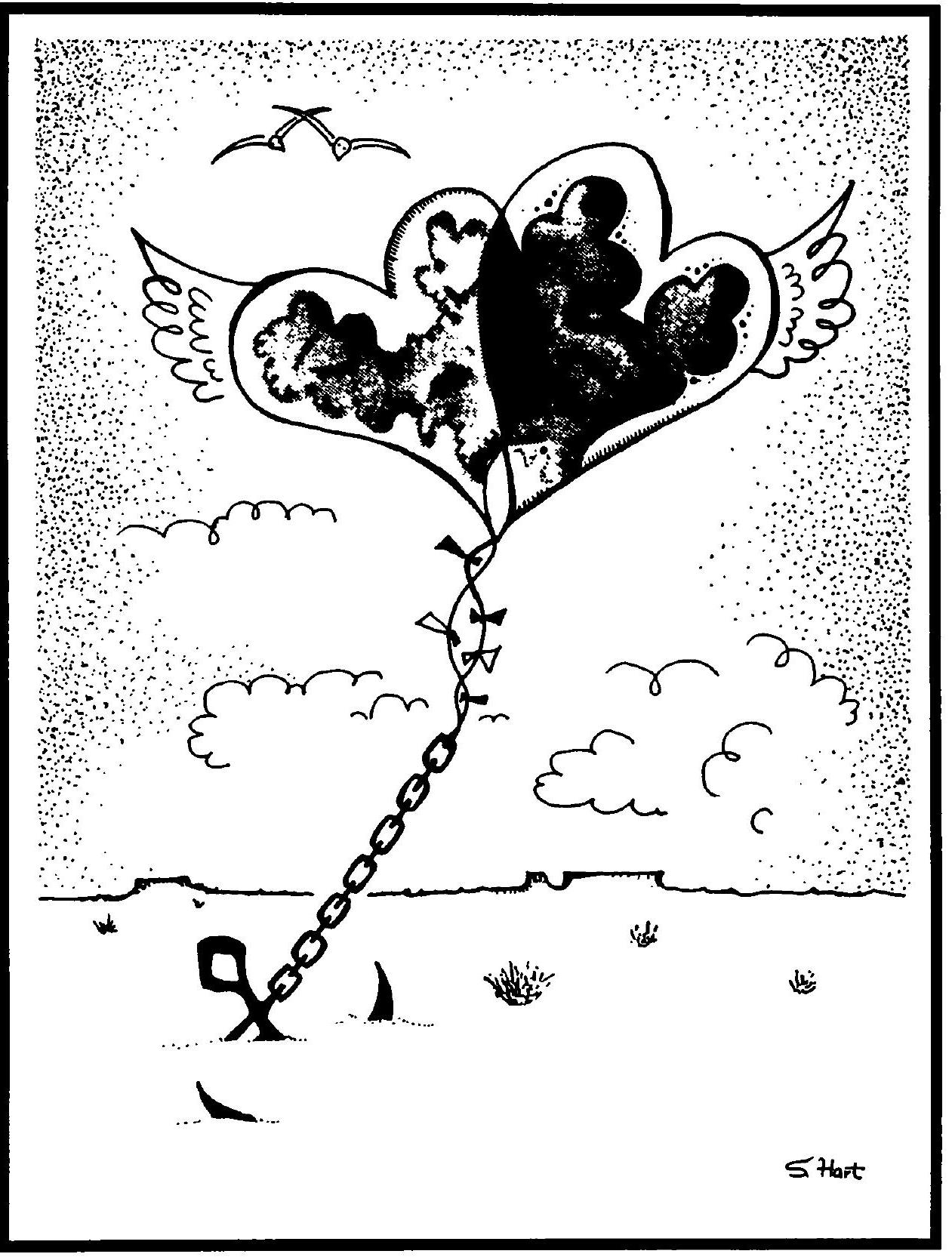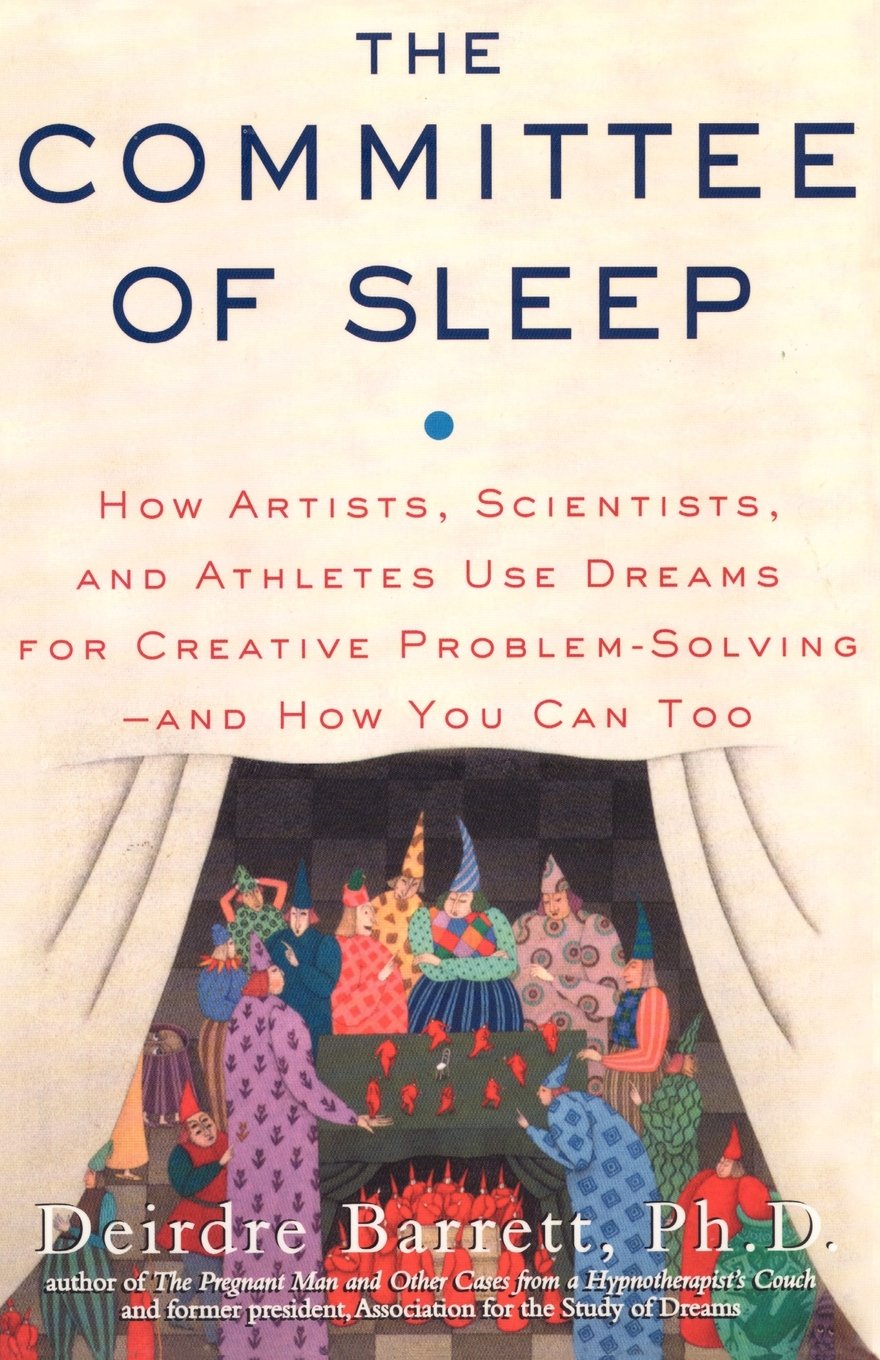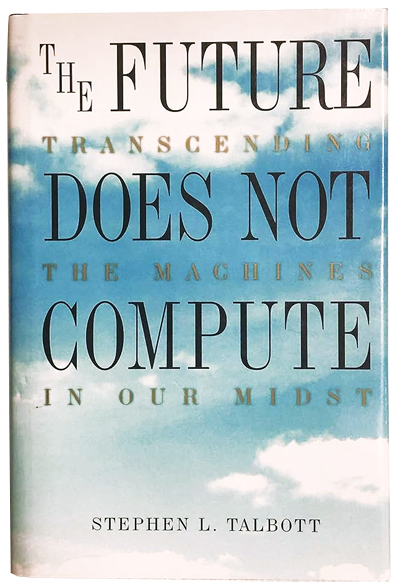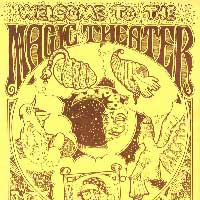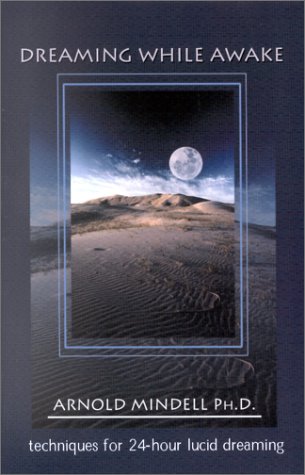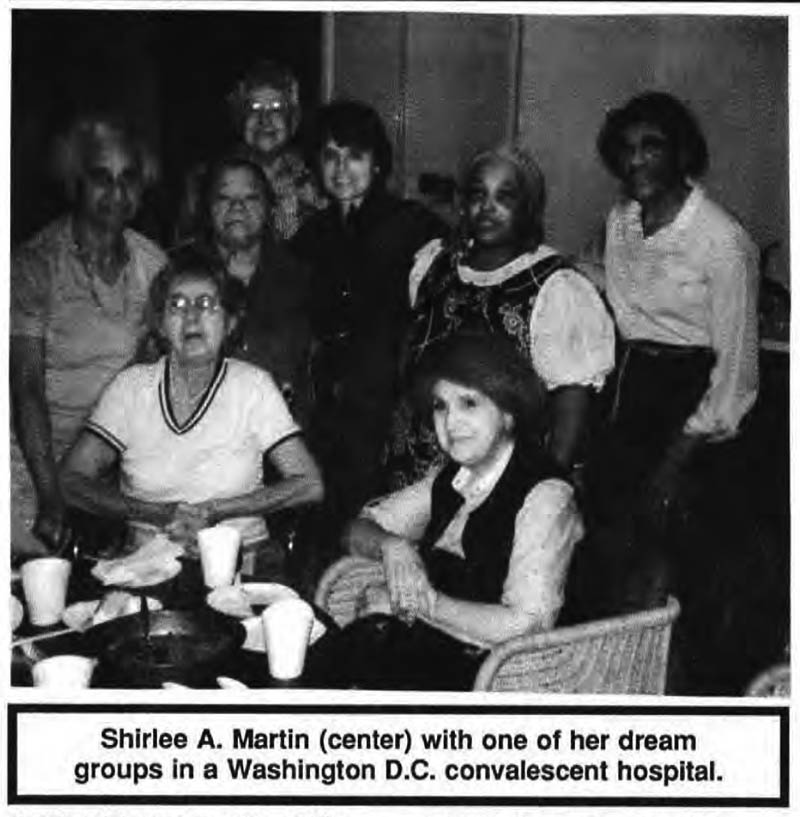
Is a new social awareness about dreams emerging? Not just a few individuals here and there arriving at new heights of dream accomplishment: rather, a growing importance for groups of people who know what it means to safely share their dreams and help one another learn from them. And beyond a few groups, what would it look like for dreams to get real appreciation and respect from the entire society? Can you see it? No? Not even in small ways?
Were this to happen, I think an amazing power would be unleashed that far surpasses what any individual dreamer can generate on their own. For our society, this would be a huge change from where we have been with dreams for some time. And yet I want to hold out that bold vision, as distant as it may seem at present. I want to encourage everyone to spend some time periodically fantasizing about what a difference society's appreciation might make.
One source of inspiration for that vision is looking at other cultures for whom dreams have been in that special spotlight. One can see how many Native American tribes, Australian Aborigines and other indigenous peoples held the dreams in a central place in their collective lives. Some of the strongest inspiration in this vein can be found in fiction, such as the inspiring Kin of Ata, by Dorothy Bryant or Kilton Stewart's writing on the Senoi (The Mystique of Dreams considers this writing to be false as anthropology, yet I continue to find it inspiring and useful as fiction).
These cultures, of course, are very different than our own. All of them lived much closer to nature. Most of them would be called primitive by our culture, usually with a derogatory tone. Yet perhaps we have been too quick to judge. I would at least suggest that we consider what we may have lost along the way, both in the ability to hold the dream in a central place of ho nor and in the ability to live in harmony with nature. Is this really the necessary cost of the civilization that we have developed? What kinds of changes would be needed to regain these abilities?
Perhaps we can look at this particular vision in more depth in future columns, but I would also like to hear about the kind of vision that inspires and moves you. As dreamers, many of you understand the power of a strong vision and the importance of developing depth and clarity. I want to encourage you to be as bold as you can with your dream possibilities visions. In fact, be outrageous! After all, do the dreams themselves hold back?
I realize that many readers may consider this suggestion to be merely an idle exercise in fantasy, or else a certain recipe for frustration. However, I think there are ways to ground our boldest visions in reality and avoid either danger.
My first formula is simple (although it may seem difficult at first): High ideals, low expectations. In other words, develop really outrageous visions of what you would like, but do not expect them to develop soon, easily or maybe not at all. It is a paradox. but if you can hold that direction it can take you a long way.
Here is another formula: Take one of those high ideals and ground it in a simple first step that might move you In that direction. Try it out and see what happens. Another way to think of it is to envision the big picture, the long journey, then break it down into smaller sized pieces. What is the first step on the journey that you might take? If that is still too big, what would a smaller step be? If it comes easily, what would be more of a challenge next? As things move along, does your original vision change?
Final formula: Look at what is already happening that might be moving things in the direction of your vision and work with that. Ride on that energy, as well as encouraging it along. Use your intuition about what might be about to happen and go with the current when it is headed In your direction. Of course you may want to challenge and confront other events that run against the grain of your vision as well.
What does all this mean in concrete specifics? I see a culture that is both hungry for what dreams can offer and at the same time very cut off from them. Where individuals break through the anti-dream biases of our culture to not only connect with their own dreams, but to take leadership in helping others to do so, this is inspiring! My bold vision of a dream-positive culture Is served by those people sharing information and support, and finding ways to encourage new leadership to emerge.
I feel the networking happening in several ways. One is through publications such as this one, other journals and the many books that have come out on dreams. Secondly, I see it at international dream conferences which are now occurring on an annual basis. Both of these are big accomplishments.
Third, there is networking that takes place on a local and regional level. This is most obvious in a few areas where formal networks have developed, such as the Metro DC Dream Community, The San Francisco Bay Area Professional Dreamworkers Support Group and the Montreal Centre for the Study of Dreams. I suspect many other areas have less formal networks going.
These local networking efforts can serve a variety of functions. Simply sharing information and support is perhaps the most common. They can also be a way to reach out to new people and keep dreams in the public eye more effectively. They provide the nucleus for dream related conferences, festivals and other projects.
While it may be very valuable to network with those whose involvement with dreams is similar to yours, there can also be huge benefits in connecting with those who work in very different ways. For instance, a person who gives workshops on the grassroots community level may develop a contact with a teacher in a local college who uses dreams. Or a therapist may find a scientist In the area. While there are big differences here, these people may have a lot to offer one another as allies. And by identifying common interests and ways they can help one another out, as well as appreciating differences, all can benefit.
Local networking should be of particular interest to those who may not always be able to travel to larger international conferences. Further, over time these local/regional networks might be established in many areas, so as one traveled or moved about, they could simply plug in to the local network for sharing and support. While some networks will logically focus on one town, others will do better to start out with a regional focus, perhaps breaking down into smaller areas as they grow. At present my primary interest is to network within the New England region at large. Networks have functioned in New York City and Boston. Can these be revived?
What is the most likely local/regional network in your area, what is already going on. and what is the best next step? I'd love to hear about both successes and failed attempts. as we can learn from both.
Two more quick questions: Has anyone tried using movies and films about dreams to reach out and educate people? If you have, how did it work? If you were to try this, what would you recommend? I would like to pull together a filmography, including instructional films about dreams and dreamwork as well as popular films that have something to offer. In the latter category I think of "The Last Wave," ''The Lathe of Heaven," "Brazil," and even "Nightmare on Elm Street." What comes to your mind?
If you have any dream films to suggest, send me the title, director/author, very brief review and where it can be obtained/cost if that is important. Review copies on VHS are welcome and will be given strong review consideration. If you need your copy back , write with details before sending.
Finally, who can suggest a good source of pens with a light in them? Something that would work well for writing dreams down, perhaps low cost, good quality, that could be made available for dream workshop participants. Getting dreams recorded does not take much, but this can be a good tool and I'd love to know a good source.
Do keep those cards and letters coming. A few have already rolled in and you will start seeing the results in my next column. Let's all join in to make this a real participatory space!


